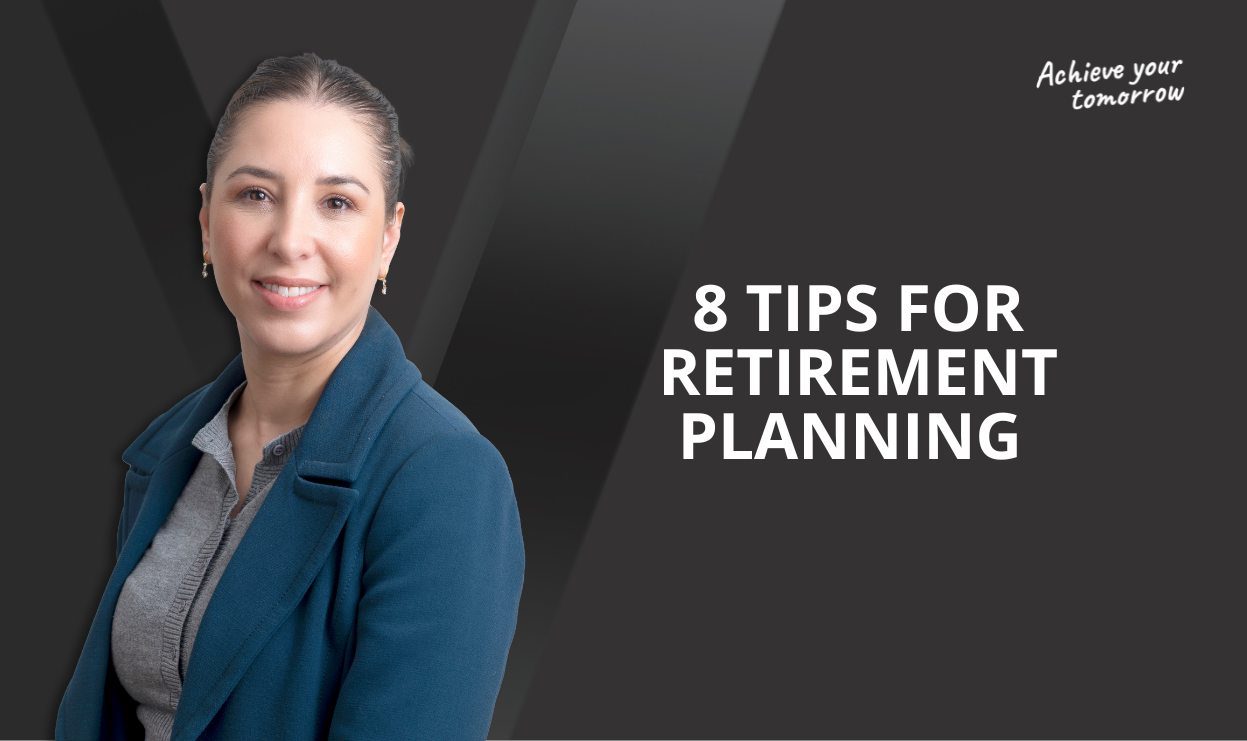

Understanding practical retirement planning tips can enhance confidence in a financial plan and potentially enable an earlier retirement.

Understanding practical retirement planning tips can enhance confidence in a financial plan and potentially enable an earlier retirement.
Once you wrap your head around the relevant regulations, this can facilitate tax management and support the development of effective investment strategies that contribute to a secure retirement.
When beginning retirement planning, it's useful to gather all necessary information before making any firm decisions.
The following are eight tips commonly referenced in retirement planning:
1. Know When You Can Access Your Super
Being aware of when superannuation can be accessed is an initial step toward implementing retirement planning strategies. For many, superannuation represents a significant portion of retirement income. Typically, access becomes available upon reaching the preservation age, which is currently 60.
After reaching this age, partial or full access may be possible depending on employment status. This information can guide contribution strategies and assist in assessing the duration for which funds will be unavailable.
2. Have a Retirement Income Goal Target
Setting a retirement income goal helps clarify planning objectives. Estimates for comfortable retirement generally range from $45,000 per year for singles to $80,000 per year for couples, including travel. Individuals can calculate specific retirement expenses using budget planners tailored to personal circumstances.
3. Plan to Retire Early
It is possible that individuals underestimate their ability to retire earlier than expected. Assessing current financial positions and understanding potential benefits of retirement planning strategies—including tax reduction and increased super balances—may reveal opportunities for earlier retirement.
Making adjustments after evaluating retirement affordability can assist in prioritising objectives.
4. Know Where Your Income Will Come From
For most Australian retirees, income sources may include superannuation, bank savings, shares, or investment properties. Many opt to consolidate investments within superannuation to establish a tax-free income stream, possibly supplemented by Centrelink Age Pension payments and personal savings for emergencies.
Owning investment property may provide rental income, though property management during retirement should be considered when deciding whether to retain or sell assets.
5. Get a Basic Understanding of Your Investment Options
Aligning investment choice with required returns to meet retirement goals may improve predictability, however, it is important to consider how much tolerance you have to risk, i.e. how you would deal with market volatility, will ensure your investments align with your comfort levels.
Review available options within superannuation funds to determine which best align with individual objectives.
6. Consider Transitioning to Retirement
Upon reaching preservation age, evaluating transition-to-retirement strategies is beneficial. These strategies may support reduced personal income tax, minimise future death taxes, facilitate debt repayment, or allow a gradual reduction of working hours.
A transition-to-retirement pension enables starting an income stream from superannuation while continuing employment. This additional income may be used for salary sacrifice contributions, debt repayment, supplementing reduced hours, or converting taxable components to tax-free.
7. Maximise Super Contributions
Superannuation offers tax concessions for contributions, investment earnings, and provides tax-free income in retirement. Increasing superannuation contributions in the lead up to retirement can be advantageous.
Retirement does not preclude ongoing contributions, with options available beyond age 65. Developing a detailed contribution plan—including concessional, non-concessional, downsizer, spouse, contribution splitting, CGT retirement exemption contributions, and timing unused caps—is advisable to maximise benefits.
8. Get Professional Advice
Tips for retirement planning are always helpful, but nothing will surpass tailored personal financial advice.
The best advice for retirement will always come from a licensed financial adviser. Vista Financial Group can help you optimise your financial position in the lead up to and throughout retirement. If you’re interested in learning more about how the above-mentioned strategies may benefit you, click here for a complimentary chat.

When most of us think about building wealth, our minds jump straight to shares, property or superannuation. But there’s a crucial piece of the puzzle that often gets overlooked: insurance.

Superannuation is a key part of retirement planning for Australians, and understanding the different types of contributions can help you make the most of your super.

The past week delivered a tale of two markets. On one side, a reassuring U.S. inflation print and a surprisingly strong labour market report suggested the American economy remains on solid footing.
Stay in the know with the latest updates, insights, and exclusive content delivered straight to your inbox.